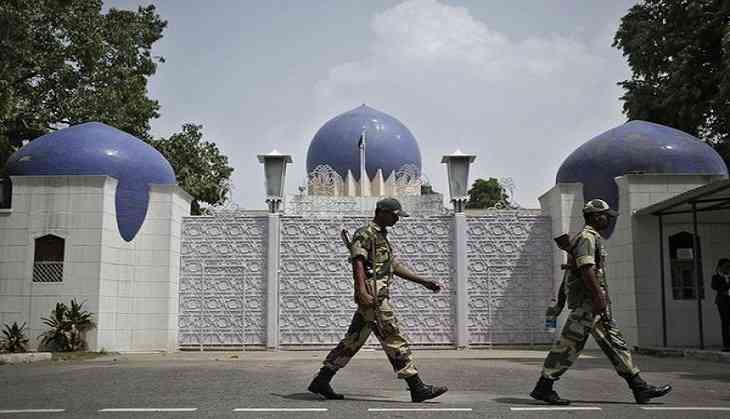
Pakistan's counter-insurgency operations have been partly successful in reducing violence, according to a report published by the United States Defence Intelligence Agency (DIA).
The DIA report is a worldwide threat assessment, which reflects the complexity, diversity and scope of today's challenges affecting the US national security. It aims to understand the global challenges that the country faces.
The report was submitted to the US Senate's Armed Services Committee.
In the report, the DIA said, "Islamabad is likely to proceed with its counterinsurgency operations and border management efforts along its western border while sustaining counter-terrorism and paramilitary operations throughout the country."
Stating that these efforts have had some success in reducing violence in the country from "militant, sectarian, terrorist and separatist groups," the report further said that Pakistan will look towards the US and Afghanistan for "support against anti-Pakistan fighters in Afghanistan," The Express Tribune reported.
The report added that Pakistan was stocking up its nuclear arsenal and was developing tactical nuclear weapons and new ballistic missile systems.
Noting the skirmishes on the Line of Control (LoC), the report pointed out that a "continued exchange of heavy fire between Indian and Pakistani forces along the LoC posed a huge risk of inadvertent or gradual escalation of hostilities."
On a related note, the Pakistan Army launched 'Radd-ul-Fasaad' operation, a military offensive launched against the "latent threat of terrorism", in February last year.
The Pakistan Army has claimed that it has killed over 150 militants across the country and captured more than 2,000 suspects
-- ANI


